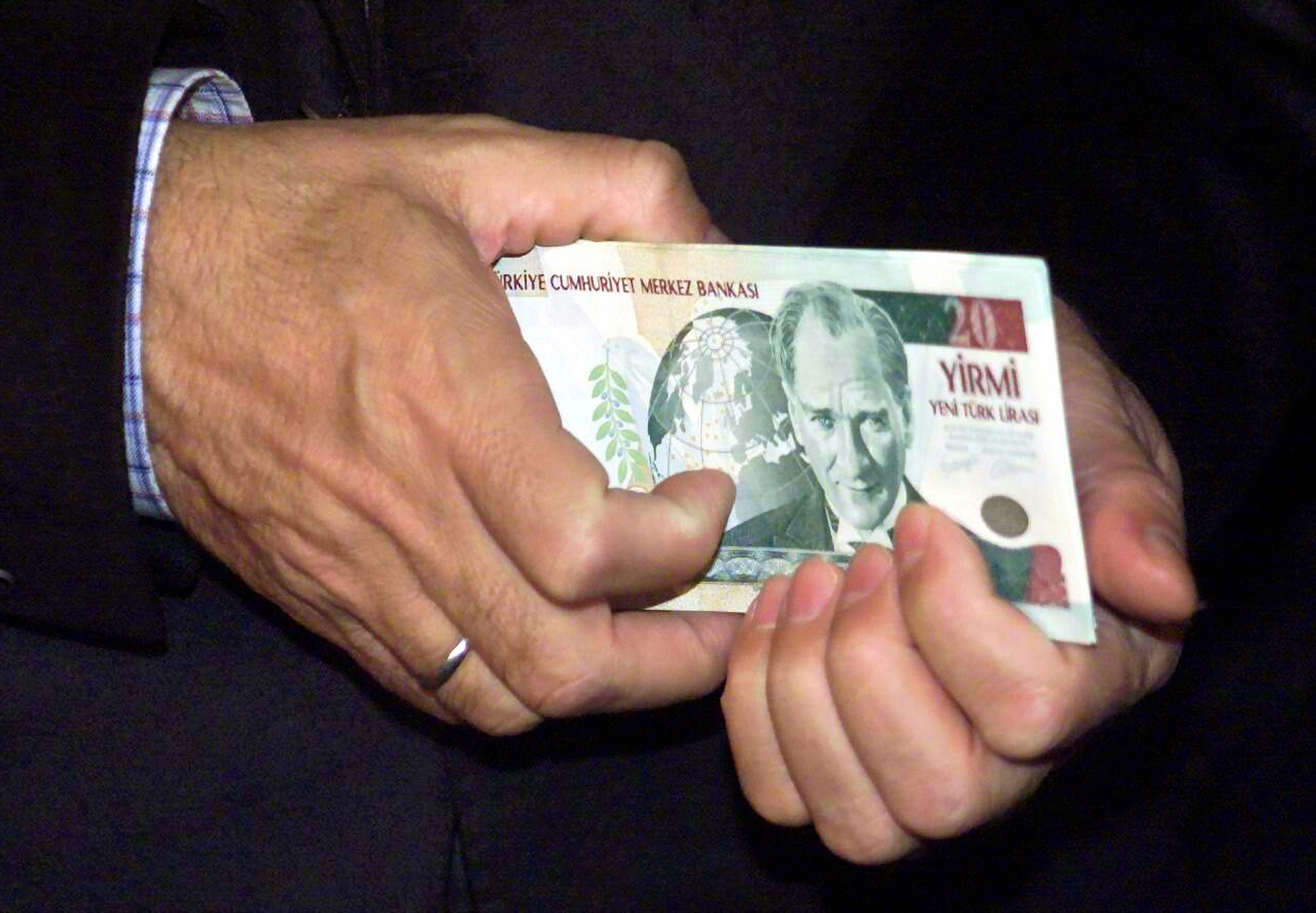Dollarization of Turkey
Turkey has been experiencing a devastating economic crisis due to global factors such as COVID-19, supply-chain issues, and the war in Ukraine. However, every country has been affected by these problems. On the other hand, Turkey has been further damaged by wrong political decisions and the dollarisation of its economy.
Until recently, interest rates in Turkey have been relatively high, but the value of its currency, the Turkish Lira, was still falling. That happened because high-interest rates made borrowing Lira more expensive, thus incentivizing Turkish people to borrow American dollars since they had lower interest rates, making it cheaper to borrow. The problem with this is that lending in dollars means that the loans must be repaid in dollars; therefore, if Lira loses more value against the dollar, it will increase the value of their debts in Lira's terms.
To escape this problem, the Turkish government introduced “Dollarisation,” making it easier for Turkish people to open foreign currency bank accounts, where they can save dollars, to repay their dollar loans. However, since access to dollars has increased in the country and Lira was not functioning as a store of value anymore due to its rapid losses of value, Turkish people started selling their Lira’s for dollars, decreasing the demand for it and therefore continuing its decrease in value. This creates problems such as higher living expenses due to more expensive imports, and Turkey has always been a net importer of goods and services.
To counter this Turkish government introduced “Liraisation,” making it less attractive for banks to offer foreign currency accounts and also making Lira deposits more attractive by increasing interest rates on deposits. However, more problems occurred with the Ukraine crisis, causing higher energy prices. This has caused more Lira to be sold on the market to buy oil and gas, therefore decreasing Lira’s demand and further depreciating its value.
Furthermore, Turkey seeks economic help from its neighbors, such as requesting a 20 billion dollar deposit from Saudi Arabia to bolster its foreign currency reserves. This would allow Turkey to meet its international financial obligations. These could include paying out debts, paying for imports, and helping Turkey avoid a trade deficit. Moreover, in November of 2022, it was announced that Qatar was in the “final stages” of negotiations to fund the Turkish economy with a 10 billion dollar investment. This sudden inflow of money has stabilized the Turkish Lira’s value. As seen in the back-to-back decreases in the CPI rates for the last three months of 2022.
However, long-term, it may harm the Turkish economy because of the opportunity cost created for future revenue that will have to repay these loans, leading to fewer funds for capital and infrastructure investment. In addition, it can be argued that these short-term fixes were done to increase the current president Mr. Erdogans, popularity amongst the population, considering that elections are coming up in June 2023. Moreover, many analysts believe that Erdogans counter-intuitive decision to lower interest rates during rapid inflation rates was made for the same reason to increase his popularity before the elections.
Written by Islam Buleshov | Proofread by Yasmin Uzykanova
